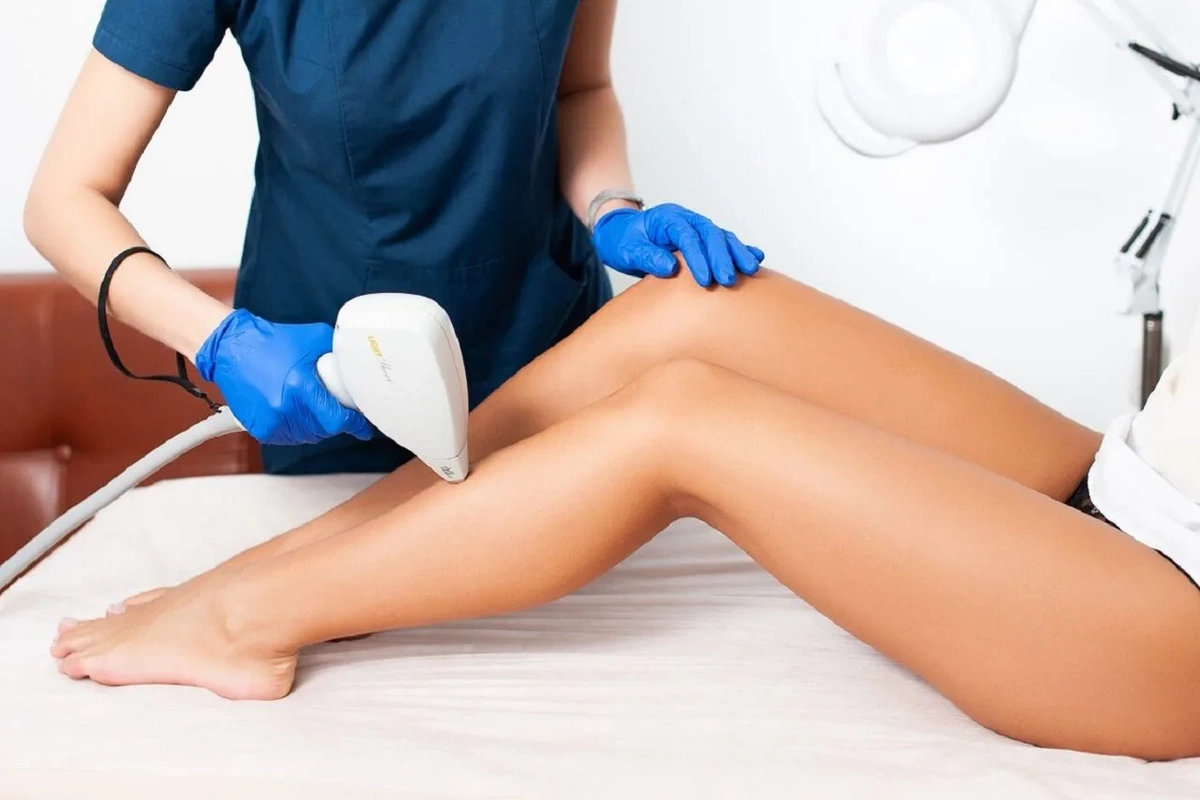The Truth About Laser Hair Removal That They Won't Tell You at the Salon

Laser Hair Removal: What Beauty Salons Don't Tell You?
Laser hair removal is considered one of the most popular and effective methods of removing unwanted hair. The promise of smooth skin without razors and irritation sounds tempting, and thousands of people around the world undergo this procedure every day. But behind the glossy picture, there are nuances that are rarely discussed openly.
The first thing a person may encounter after laser hair removal is a burn. Despite high-precision equipment, human factors and individual skin characteristics can lead to tissue overheating. This results in redness, burning, peeling, and sometimes even second-degree burns. This is especially true for people with sensitive skin or improper device settings.
The second potential problem is pigmentation disruption. Light skin may develop dark spots, while darker skin may develop light patches. This is because the laser affects melanin, the pigment responsible for hair and skin color. Excessive exposure can disrupt its even distribution.
The laser can also damage the hair follicle so deeply that the skin in that area becomes rougher, denser, or loses sensitivity. In rare cases, ingrown hairs, folliculitis, and irritation that lasts longer than usual are observed.
The procedure can cause a hormonal response in some people, especially if hair growth is the result of a hormonal imbalance. Instead of decreasing, hair growth may temporarily intensify in unexpected areas. This phenomenon is called paradoxical hypertrichosis and occurs more often than commonly thought.
A separate topic is the impact on the lymphatic and reproductive systems. Although there is no direct evidence of harm to internal organs, many doctors caution against frequent laser exposure in the underarm and bikini areas, especially for those with chronic diseases.
It's also important to remember that laser doesn't destroy hair forever. It only temporarily inhibits their growth. And the lighter or thinner the hair, the less likely it is to completely disappear. This can lead to unrealistic expectations and disappointment.
Laser hair removal can be safe and effective, but only if it is performed by a qualified specialist, taking into account individual skin characteristics and under a doctor's supervision. Beauty is a choice, but it's better if it's an informed one.
Similar News
An unexpected factor damaging liver health has been identified
Shift work and irregular eating patterns can disrupt liver function by throwing off its internal biological rhythms. This is the conclusion reached by scientist...




 Azərbaycanca
Azərbaycanca  По-русски
По-русски  English
English 






